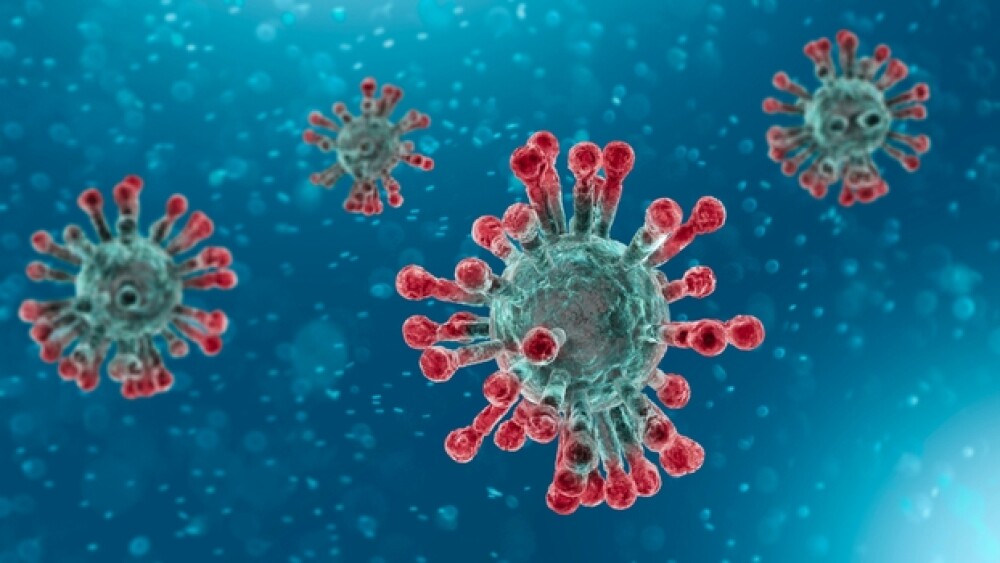The company announced today, in what has been a series of announcements, that it had filed a second clinical trial protocol with the U.S. Food and Drug Administration (FDA) to treat severely sick COVID-19 patients with COVID-19.
Vancouver, Washington-based CytoDyn has been quietly making unexpected progress in treating COVID-19, the disease caused by the novel coronavirus SARS-CoV-2. The company announced today, in what has been a series of announcements, that it had filed a second clinical trial protocol with the U.S. Food and Drug Administration (FDA) to treat severely sick COVID-19 patients with COVID-19. The company currently is running a Phase II trial in mild-to-moderate COVID-19. The trial would be conducted under the same Investigational New Drug (IND) approval.
The drug is leronlimab, which had been administered to 10 severely sick COVID-19 patients at a medical center in the New York City area under an emergency IND. The drug already had been granted FDA “Fast Track” designation for two indications. One is as a combination therapy with HAART for HIV patients. The second is for metastatic triple-negative breast cancer.
Leronlimab is a humanized IgG4 monoclonal antibody that blocks CCR5. CCR5 is a cell receptor important in HIV infection, tumor metastases and other diseases, including nonalcoholic steatohepatitis (NASH). At this time, the drug has completed nine clinical trials in more than 800 people, including hitting the primary endpoints in a pivotal Phase III trial of the drug in combination with antiretroviral medications in HIV-infected treatment-experienced patients.
In COVID-19, the primary benefit appears to be in patients with respiratory complications. The drug seems to strengthen the “immune response mitigating the ‘cytokine storm’ that leads to morbidity and mortality in these patients.”
CytoDyn indicates that it plans to enroll patients in both the Mild-to-Moderately Ill and Severely Ill protocols quickly under the IND that the FDA issued with a “safe to proceed” letter. The Severely Ill protocol will randomize 342 patients in a 2:1 ratio. They will receive leronlimab for two weeks. The primary endpoint will be mortality rate at 14 days.
“Once again, the FDA continues to be very supportive of everyone’s efforts to increase access to leronlimab in order to assess its therapeutic benefits for a broader range of COVID-19 patients,” said Nader Pourhassan, president and chief executive officer of CytoDyn. “With a study in China indicating the mortality rate among COVID-19 patients requiring mechanical ventilator at more than 85%, the world desperately needs a therapy that can help this patient population.”
In the cancer setting, blocking CCR5 decreases tumor metastases in laboratory and animal models of aggressive breast and prostate cancer. In their preclinical studies, leronlimab decreased human breast cancer metastasis by more than 98%.
The CCR5 receptor has a major role in modulating immune cell trafficking to sites of inflammation.
The early signs, which are in a very small sample, are the drug appears effective in helping control the cytokine storm—basically a massive immune reaction seen toward the end of the disease, which is also observed in CAR-T immuno-oncology therapies.
The company’s interim chief medical officer, Jacob Lalezari, said in a March 30 statement, “The preliminary results observed in patients who were severely ill with COVID-19 and treated with leronlimab are encouraging. Although the data set is still small, we saw fairly rapid and positive laboratory responses in all four patients treated, and in three of the four patients these laboratory results were associated with a favorable clinical outcome. We eagerly await the results of additional patients treated under the FDA’s emergency IND program, as well as the results of several randomized clinical trials about to start.”





